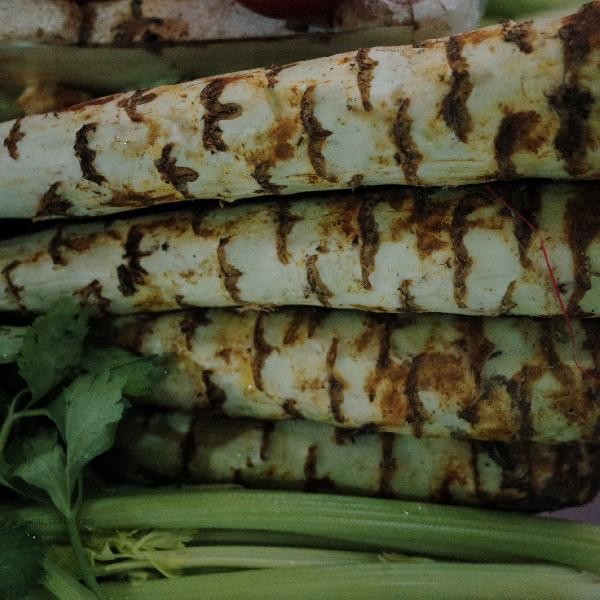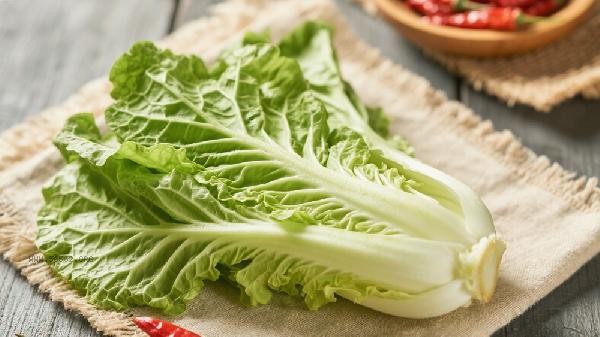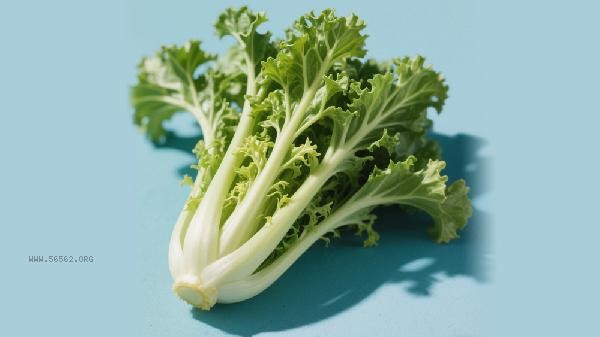The bitterness of pickled mustard is usually related to the variety of mustard, pickling process, or storage conditions. The main reasons include sulfur-containing compounds in mustard greens, insufficient salt concentration, long fermentation time, improper temperature control, and container contamination.

1. Variety Factors
Some mustard varieties contain high levels of glucosinolates, which can decompose and produce isothiocyanates during the pickling process. This type of substance has a natural bitterness, especially in immature mustard greens where the content is higher. Choosing mustard varieties with moderate maturity can reduce the probability of bitterness.
2. Salt imbalance
Insufficient salt addition during pickling can lead to the proliferation of harmful bacteria, promoting excessive protein breakdown and producing bitter amino acids. It is recommended to use 50-80 grams of salt per kilogram of mustard greens, evenly sprinkle salt in layers and compact to ensure sufficient osmotic pressure to inhibit the growth of miscellaneous bacteria.
3. Over fermentation
Continuous fermentation by lactic acid bacteria can soften mustard tissue, degrade proteins, and produce bitter components such as leucine. Winter pickling generally takes 20-30 days, and in summer it should be shortened to about 15 days. If the vegetable body appears semi transparent, fermentation can be terminated.

4. Abnormal Temperature
environmental temperatures exceeding 25 degrees Celsius can accelerate the activity of harmful microorganisms and produce bitter metabolites. The ideal pickling temperature should be maintained between 15-20 degrees Celsius, avoiding direct sunlight. Using ceramic or glass containers is more conducive to temperature stability than plastic containers.
5. Secondary pollution
Residual oil or incomplete cleaning of containers may lead to mold contamination, which can decompose vegetables and produce bitter substances. Before pickling, it is necessary to rinse the container with boiling water and strictly disinfect the tools that come into contact with the ingredients. Adding a small amount of Sichuan pepper or ginger slices can help suppress bacteria.

To improve the bitterness of pickled mustard greens, the following methods can be tried: choose fresh and plump mustard greens and air dry them thoroughly for dehydration; Using traditional heavy stone pressing technology to remove bitter juice; Segmented adjustment of salt content, with initial salt usage and later replenishment of diluted salt water; Add 1-2% white sugar to balance the taste. After pickling, it should be refrigerated and stored. If the bitterness is too strong, it can be soaked in water for 12 hours to remove the bitterness. Combining sesame oil or chili oil with daily consumption can effectively mask residual bitterness, but it should be stopped when mold or odor occurs.









Comments (0)
Leave a Comment
No comments yet
Be the first to share your thoughts!